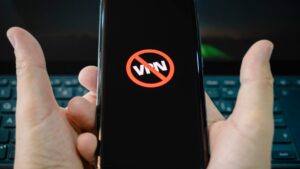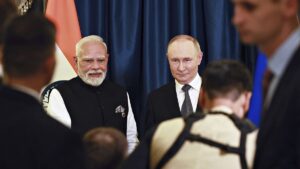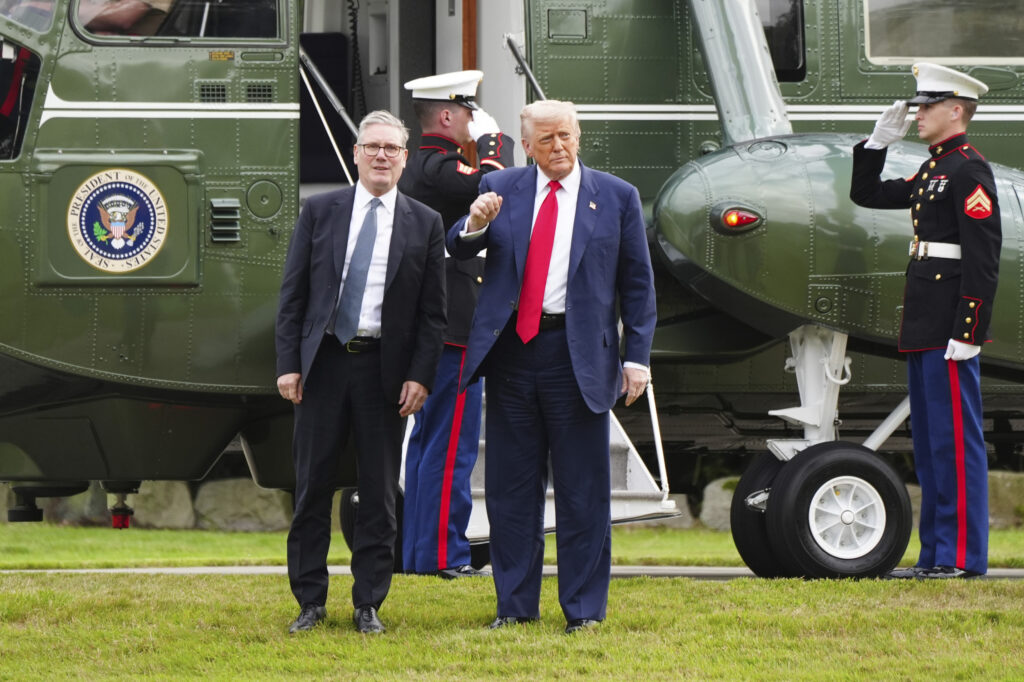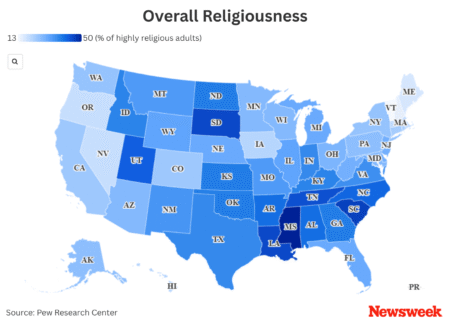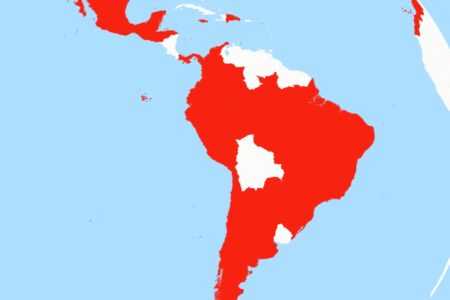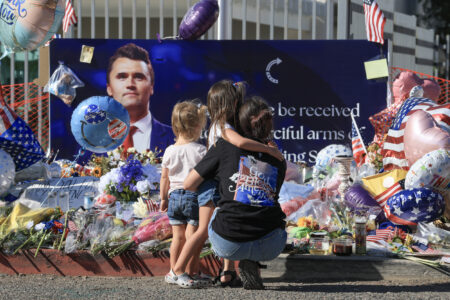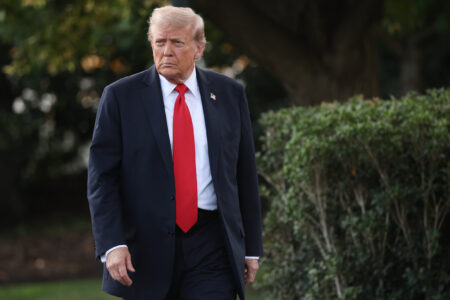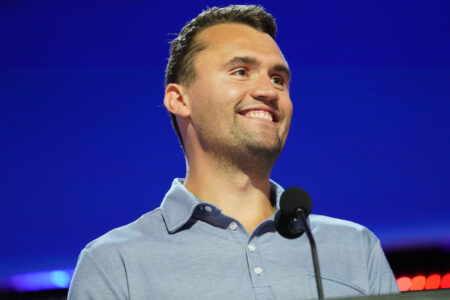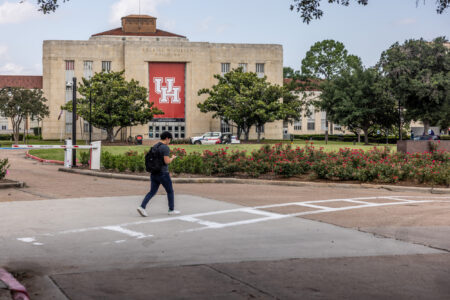America’s special bond with the United Kingdom was on full, dazzling display this week during President Donald Trump’s pomp-filled second state visit to Britain.
But divisions over Ukraine will resurface Thursday when Trump meets with Prime Minister Keir Starmer, who has taken on a greater role in the war along with other European leaders in response to Trump’s growing frustration with the conflict.
“The U.S. has taken a step back at least in terms of providing material support for Ukraine, which has put a greater burden on Europe to take up the slack,” John Herbst, a former U.S. ambassador to Ukraine, told Newsweek.
The United States under former President Joe Biden led the international coalition that backed Ukraine after Russia’s full-scale invasion in 2022. Trump returned to office promising to end the war, but he has also questioned whether Washington should continue providing military aid to Kyiv and shown reluctance to impose further sanctions on Russia.
With Trump’s second term still only in its early innings, analysts said it’s too soon to conclude that the U.S. has fully ceded its leadership role in resolving the conflict to Britain, France, and other allies.
Still, recent moves suggest the Trump administration is content to let other nations take on more of the responsibility in arming Ukraine.
Shortly before Trump’s state visit to the UK, the administration reportedly approved a first round of weapons shipments for Ukraine that were purchased by NATO members. The shipments are part of an agreement Trump announced in July to have allies buy weapons for Kyiv from U.S. stockpiles — a break from the Biden administration’s policy of providing billions in direct military aid to Ukraine.
“We’re in it for a lot of money and we don’t want to do it anymore,” Trump said at the time, in the July Oval Office meeting with NATO Secretary General Mark Rutte.
Trump added, “This is not Trump’s war.”
The comments, combined with the president’s more recent public expressions of anger over the stalled peace talks between Kyiv and Moscow, reflect his growing frustration with a war that he promised to end in his first 24 hours back in office.
“The United States is still allowing U.S. military products to go to Ukraine, they’re just forcing the Europeans to pay for them,” said Jeff Rathke, the president of the American-German Institute at Johns Hopkins University. “It’s not a complete abandonment, but it’s also not the same as leadership.”
Trump has at times sought to play a central role as negotiator-in-chief in an effort to bring the more than three-year war to a close. He has met with Ukrainian President Volodymyr Zelensky and held a summit in Alaska last month with Russian President Vladimir Putin.
But the administration’s focus on Ukraine has also been sidelined at times in the face of other pressing issues, from Trump’s domestic legislative agenda and immigration crackdown to the recent assassination of conservative activist Charlie Kirk.
That created an opening that Starmer, French President Emmanuel Macron and other European leaders have tried to fill.
In March, Macron announced that France would provide Ukraine with $2 billion in military aid. Macron made the announcement at an event alongside Zelensky where he urged Russia to agree to a ceasefire without preconditions.
Macron said earlier this month that more than two dozen nations had agreed to form a UK and French-led “Coalition of the Willing” to back Ukraine. There has also been growing support in Europe for providing peacekeeping troops in Ukraine after the war. Zelensky has said security guarantees for Ukraine must be included in any negotiated settlement with Russia.
Ahead of Trump’s state visit to the UK, Zelensky said he hoped Starmer would discuss security guarantees for Ukraine during his meeting with Trump.
“Before we end the war, I really want to have all the agreements in place,” Zelensky told Sky News. “To make this happen, we need a clear position of President Trump.”
With Trump’s position on Ukraine continuing to shift, analysts said Europe has no choice but to step up support for Kyiv. That reality was driven home by Russia’s drone incursion last week into Poland, a NATO member state.
“The Russian drone incursion into Polish airspace last week only underscores the vulnerabilities that are becoming more and more obvious,” Rathke said.
“There’s no single country in Europe that can fill the role the United States typically has in the past,” he added. But European countries are “trying to find new ways to create structures that will be effective in delivering Ukraine the resources and support it needs to defend itself.”
Read the full article here



